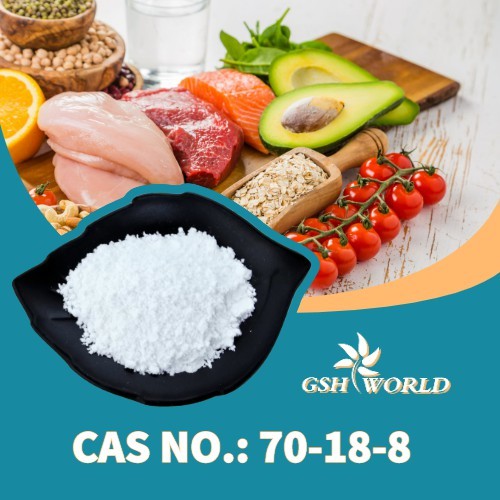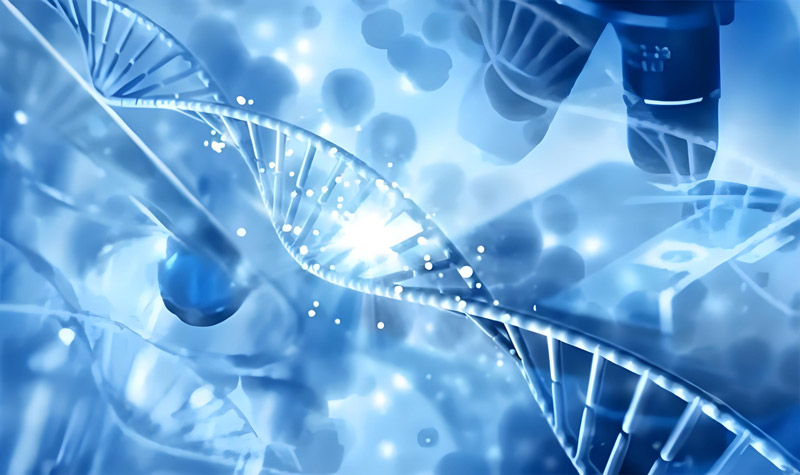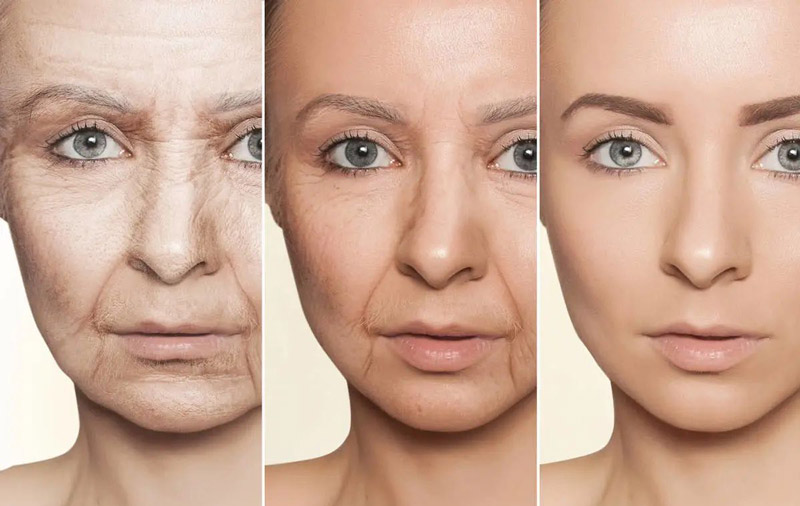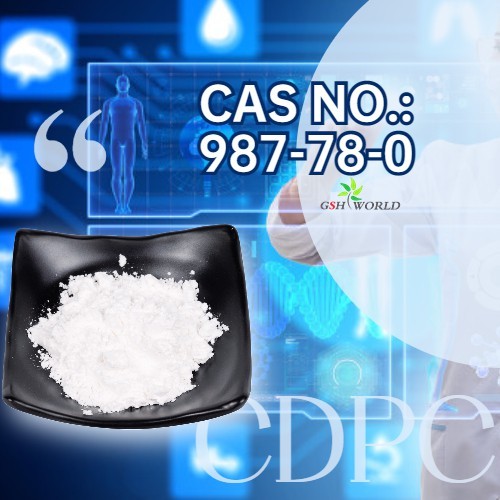What is Glutathione? Why is it so important?
You may have heard of terms like "antioxidant" and "detoxification", but you may not know that there is a "detoxification master" working quietly in your body - glutathione.
It is a molecule composed of three amino acids: cysteine, glycine and glutamine. Just like a powerful magnet, it can adsorb harmful substances such as free radicals, heavy metals and toxins in the body and excrete them.

Glutathione has three core functions:
1. The king of antioxidants: It can neutralize free radicals and protect cells from oxidative damage.
2. The main force of detoxification: Combines with toxins, reduces the burden on the liver, and helps the body "clean up" thoroughly.
3. Immune Guardian: Enhance immunity and help fight infections and even cancer.
Studies have shown that low levels of glutathione are closely related to various diseases such as chronic fatigue, heart disease, diabetes, and Alzheimer's disease.
It can be said that it is the "invisible bodyguard" that maintains your health and longevity.
Why do modern people generally lack glutathione?
You might think that the body will automatically produce enough glutathione, but the reality is cruel - factors such as environmental pollution, stress, drugs, and aging are consuming it rapidly:
External factors: Air pollution, pesticide residues, additives in processed foods, and even mobile phone radiation are all increasing the burden on the body's detoxification.
Internal causes: Long-term staying up late, high emotional stress, and aging all lead to a decline in the body's ability to synthesize glutathione.
Genetic defects: Approximately one-third of people are unable to efficiently produce or recycle glutathione due to genetic defects (such as the deletion of the GSTM1 gene).
When toxins accumulate beyond the body's capacity, glutathione is depleted, cells age rapidly like rusty machines, and the risk of disease surges accordingly.
9 Ways to Activate your Glutathione
1. Eat more sulfur-rich foods to provide raw materials for your body
Sulfur is a key component in the synthesis of glutathione.
For example
Vegetables: Garlic, onion, broccoli, kale, cabbage (cruciferous vegetables are the best)
Protein: Grass-fed beef, eggs, fish (rich in cysteine).
2. Select active whey protein and supplement key amino acids
Whey protein can provide cysteine, the raw material for the synthesis of glutathione.
However, it should be noted that non-industrial whey proteins that are not pasteurized, hormone-free or antibiotic-free should be selected.
3. Keep exercising and naturally enhance your antioxidant capacity
Moderate exercise can stimulate the body to produce more glutathione.
It is recommended to do 30 minutes of aerobic exercise three times a week, such as brisk walking, jogging or swimming.
At the same time, combining strength training such as dumbbell lifting and squats will yield better results.
4. Supplement N-acetylcysteine (NAC)
NAC is a direct raw material for the synthesis of glutathione and can also repair liver damage. Suitable for people who smoke, drink alcohol and stay up late for a long time
5. Intake of alpha-lipoic acid, the "golden partner" of antioxidants
It can not only regenerate glutathione, but also help control blood sugar and protect the brain.
Food sources: spinach, broccoli, animal offal (such as liver).
6. Supplement methylated nutrients and activate key reactions
Vitamins B6, B12 and folic acid support the generation and circulation of glutathione.
It is recommended to eat more green leafy vegetables, beans and eggs, or choose supplements containing active B vitamins.
7. Pay attention to selenium, the "catalyst" of the detoxification system
Selenium is an essential component of the glutathione metabolic enzyme. Foods such as Brazil nuts, seafood and mushrooms are all good sources
8. Vitamin C+E, facilitating the antioxidant cycle
Vitamins C and E can work in synergy with glutathione to prolong its antioxidant effect.
Eat one orange and a handful of almonds every day, or take an appropriate amount of vitamin supplements.
9. Avoid depletion factors and reduce unnecessary losses
There are three key points:
Eat less processed food (containing preservatives and colorants)
Reduce alcohol intake (alcohol metabolism consumes glutathione)
Ensure adequate sleep (staying up late will intensify oxidative stress)
How to choose supplements? Here's the guide to avoiding pitfalls!
You might ask: Is it useful to take glutathione tablets directly?
The answer is: Limited effect!
Because it is easily decomposed by gastric acid. A more reliable method is to supplement its "raw materials" or "cofactors" :
Preferred choices: N-acetylcysteine, alpha-lipoic acid, methylated group B, selenium.
For a compound formula, choosing a comprehensive supplement containing glutathione precursors and antioxidants will provide a more comprehensive effect.
It is not difficult to optimize glutathione. Starting from eating an extra bite of broccoli and walking for an additional 30 minutes every day, your body will quietly activate its "repair mode".






